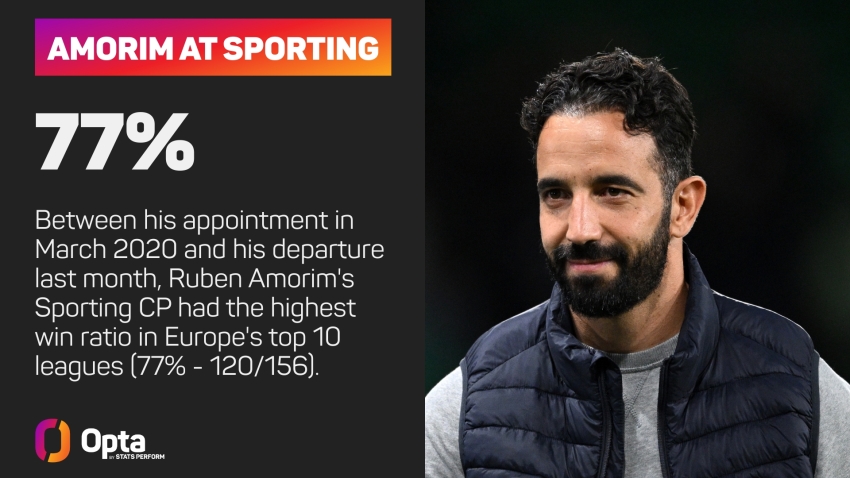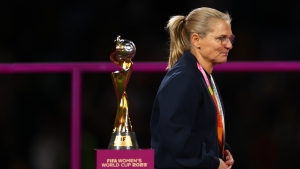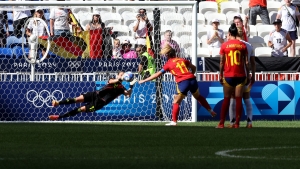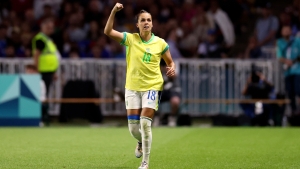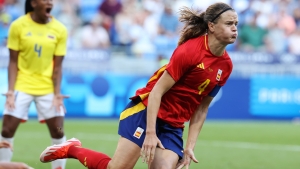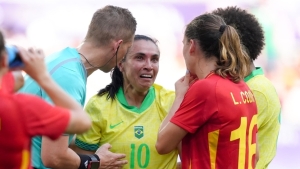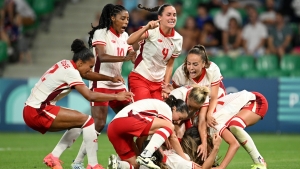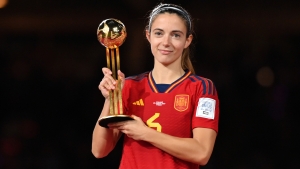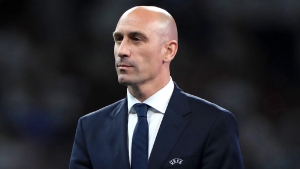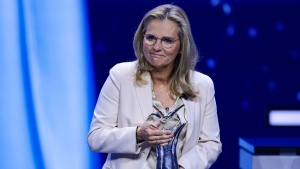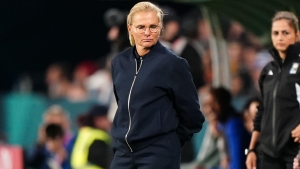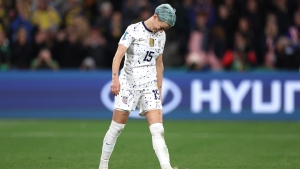The United States fell short tactically at the Women's World Cup and must now look to their European rivals for inspiration.
That is the view of former Italy striker and head coach Carolina Morace, who believes the USA's previous dominance of the women's game owed largely to their players' physical attributes.
The four-time winners recorded their worst-ever World Cup performance in Australia and New Zealand, losing to Sweden in a last-16 penalty shoot-out after narrowly avoiding a humiliating group-stage elimination in a goalless draw with Portugal.
Vlatko Andonovski resigned as head coach in the aftermath of their exit, with the USA having failed to score in back-to-back World Cup games for the first time in the tournament's history.
Morace, who scored over 100 goals for Italy before coaching Le Azzurre between 2000 and 2005, believes the USA paid the price for falling behind their more astute rivals.
"They dominated the scene for years because physically the players were stronger, more trained than all the others," Morace told Stats Perform. "[Now] all the teams have physically grown.
"They had to improve tactically. I coached Canada for a couple of years [between 2009 and 2011]. European football does not arrive there.
"The innovations are in Europe, so the innovations that have been in Europe have not been [happening] in America. I don't know.
"I am referring to occupying the empty spaces rather than passing between the lines, wanting to dominate the game, starting from the goalkeeper and pressing offensively. These are things they aren't used to doing, because it's a different kind of football there.
"In Australia and New Zealand, rugby is the national sport, so innovations come from there. Football is from Europe and innovations certainly come from here.
"Maybe they thought that on a physical level they could still make up for the gaps they may have tactically, and it wasn't like this."
The USA scored just four times from 9.14 expected goals (xG) in their four games at the tournament, with star striker Alex Morgan failing to net from 17 attempts totalling 2.96 xG.
The World Cup – eventually won by Spain following Olga Carmona's final strike against England – was defined by upsets, with Germany and Brazil suffering group-stage eliminations.
Jamaica, South Africa, Morocco and Colombia earned plaudits by reaching the knockout stages, and Morace believes a sense of unpredictability contributed to the tournament's success.
"It was an absolutely special World Cup because teams like Germany, the United States and Brazil immediately left the competition. It is clear that this has shocked everyone," she said.
"This certainly means that, on one hand, some teams have grown a lot, but it also means that teams like the USA or Germany or Brazil had to do better.
"It was a very, very special World Cup. In the end, however, the final was played between the two best teams. Spain and England were the two teams absolutely on a tactical level and also on a technical level. They expressed the best football.
"I wouldn't say that from a tactical point of view this was the best World Cup ever, because we saw that many teams had little possession, especially teams like South Africa, like Nigeria.
"The big teams probably didn't expect to find teams that played a different kind of football, more physical and more vertical. Then, in the end, the World Cup was won by the team that had the most possession in the whole championship."
Victors Spain managed more build-up attacks (23) than any other team at the World Cup, ahead of runners-up England (20). Meanwhile, the Lionesses were the only side to better Spain's 92 sequences of 10 or more passes, recording 100.











